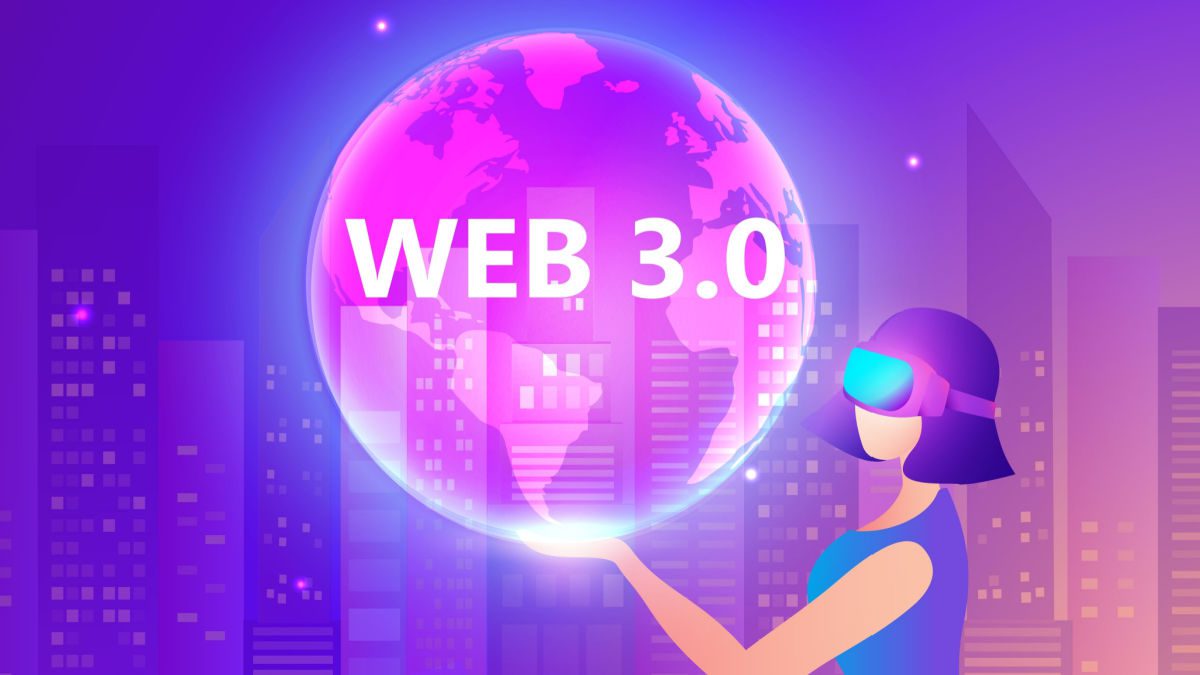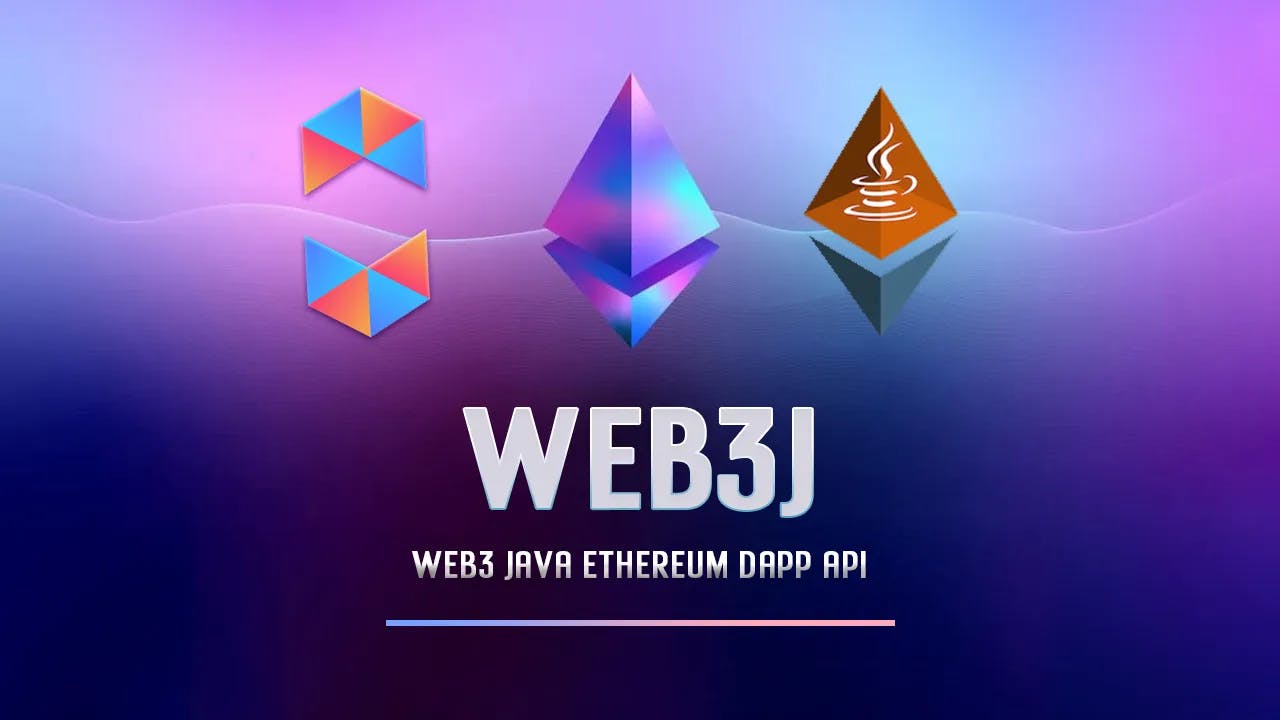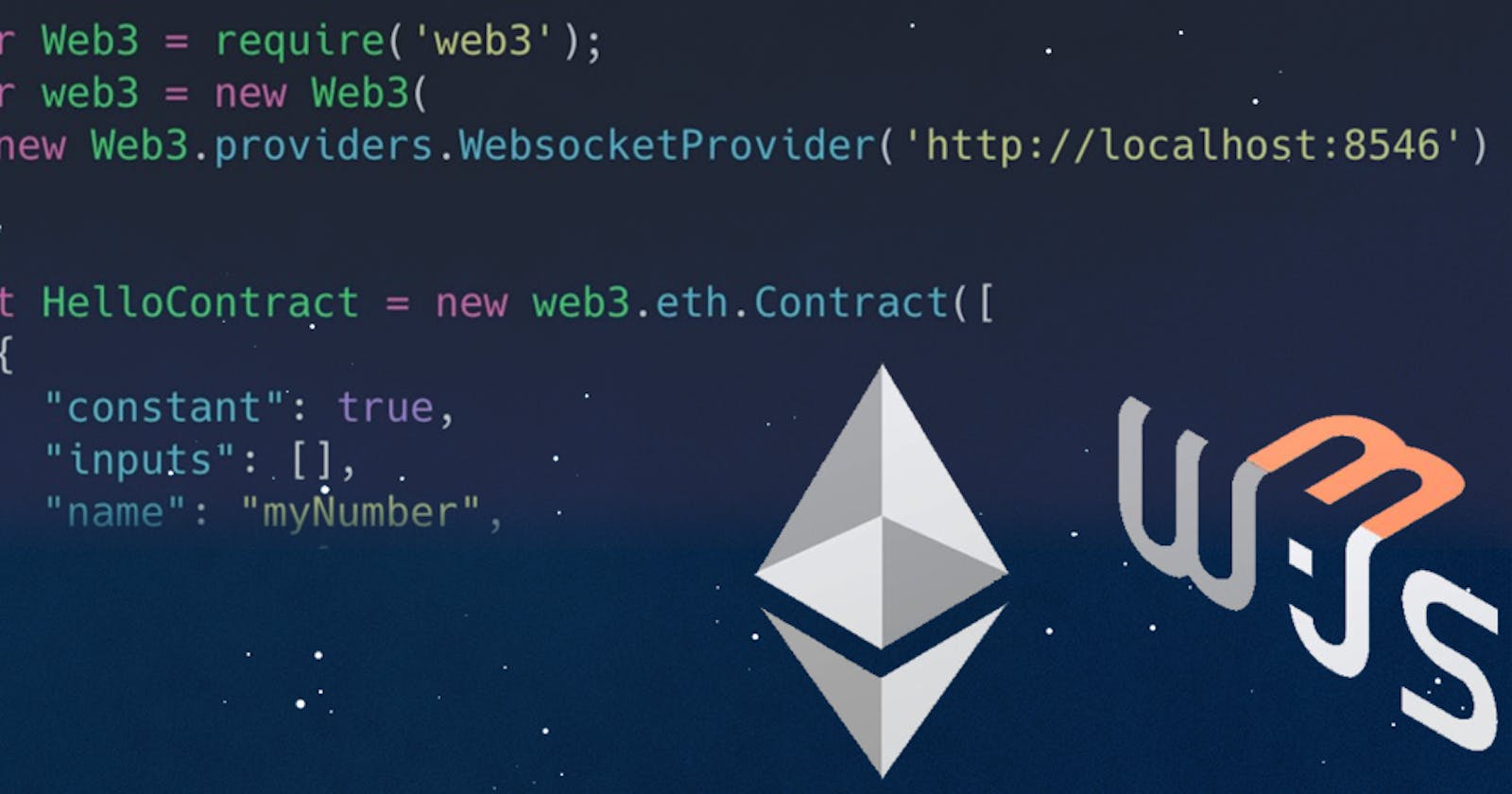Nowadays, we all are talking about cryptocurrencies, bitcoin etc. All these things come under web 3. In Web 3 we build different projects using different programming languages like JavaScript, Python, Solidity, C++, Java, HTML, Rust etc. In this article, we are going to cover the use of java in web 3 space. By the end of this article, you will have a brief idea about
WHAT IS WEB 3?
WHAT IS WEB 3 DEVELOPMENT?
HOW COULD WE USE JAVA IN WEB 3 DEVELOPMENT?
SOME PROJECTS RELATED TO THIS ETC.
INTRODUCTION TO WEB 3.
Now the question arises what is web 3? what is "3" stand for? Basically in Layman's language, you can say it is the third generation of the internet where we can have more control of our data. The first generation (Web 1.0) was focused on static web pages, and the second generation (Web 2.0) introduced dynamic content and user-generated content.
"Web 3, also known as Web3 or Web 3.0, is the next evolution of the World Wide Web. It is a term coined by Gavin Wood, one of the co-founders of Ethereum cryptocurrency, in 2014. Web3 is a catch-all term for anything that has to do with the decentralization of the internet and the use of blockchain technology. It is a fundamentally different model for the interactions between parties, where information is assumed to be owned by the user rather than the platform. Web3 is still being developed, so there is no universally accepted definition of it."
Some examples of Web 3.0 applications include social media platforms like Sola, Entre, Mastodon, etc., blockchain platforms like Ethereum, Polygon, etc., game applications like Axie Infinity, Decentraland, Gods Unchained, etc., and browsers like Brave, Osiris, Opera, etc. Even the world of METAVERSE is a part of web 3.

WHAT IS WEB 3 DEVELOPMENT?
Web 3 development refers to the development of decentralized applications (dApps) using blockchain technology like Ethereum, Solana etc. Web 3.0 developers are computer programmers who have a basic understanding of decentralized technology for computers, data sharing, and distributed storage. They also need a thorough knowledge of computer science and popular programming languages like Rust, Java and today's internet language Javascript. The demand for Web3 developers is growing day by day and has become a very lucrative career for developers.

HOW COULD WE USE JAVA FOR WEB 3 DEVELOPMENT?
As we all know that Java is a widely used programming language for over two decades. With over a million applications and uses in today's world, Java is one of the popular programming languages among developers.Java is often referred to as WORA-Write Once and Run Anywhere, making it perfect for decentralised cloud-based applications.
Java can be used in Web3 development by using a Java library called Web3j. It is the official Java port of Web3, a library for working with Smart Contracts and integrating with clients (nodes) on the Ethereum network. It is a highly modular, reactive, type-safe Java and Android library that allows developers to work with the Ethereum blockchain without the additional overhead of having to write their integration code for the platform. Web3j can be initialized for use within an application by passing in a provider, such as the endpoint of a third-party or local Ethereum node. Web3j also has a Spring Boot Starter that allows developers to easily integrate Web3j into their Spring Boot applications. Web3j is a powerful tool for Java developers who want to build decentralized applications on the Ethereum network.
Besides this Java can be used for Web 3 server-side development technologies such as Java Servlet and JSPs, which extend the capability of web servers by providing support for dynamic response and data persistence.

WEB 3 PROJECTS BASED ON JAVA.
Some examples of Java-based Web3 projects are:
Web3j: A lightweight Java library for integrating with Ethereum and other Web3-compatible blockchains. It provides access to smart contracts, transactions, events, and decentralized applications (dApps).
Ethereum J: A Java implementation of the Ethereum protocol. It allows developers to create and run nodes, interact with the network, and deploy and execute smart contracts.
Web3.js: A JavaScript library for interacting with Ethereum and other Web3-compatible blockchains. It can be used in web browsers or Node.js applications. It supports various features such as accounts, contracts, subscriptions, and utilities.
Spring Boot Ethereum: A Spring Boot starter for integrating Ethereum into Java web applications. It provides auto-configuration, dependency injection, and web3j integration.
AND MANY MORE....
I hope you will like this article and find it valuable.

